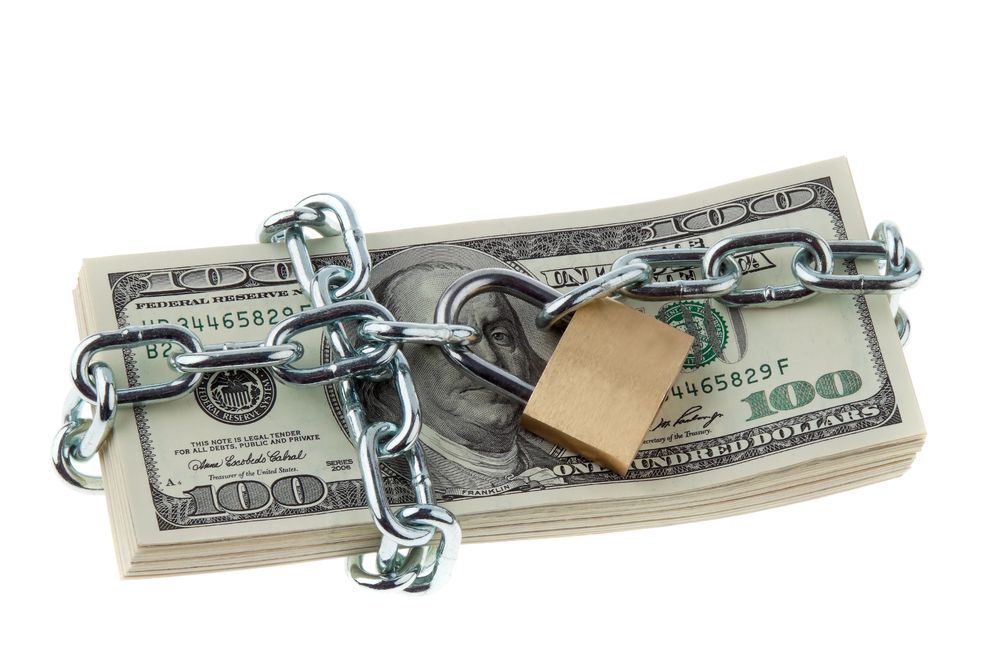What Can I Do With Social Media During a Divorce?
The use of social media has become a way of life for most people. Every day, they post updates on their lives, share news, or vent their feelings using different channels. All of these are relatively harmless in the name of free speech - but not in the context of a divorce.
Social media has harmed divorce cases for a variety of reasons. For one,
divorce proceedings are quite stressful for all parties involved. With all the extreme emotions they feel, people are often unable to control what they post online. And given the public nature of social media, everything you post about becomes fair game during litigation and can significantly alter the course of your case.
During the entire divorce process, the allure of venting or snooping is all too real. Although it can help you expose certain information about your soon-to-be-ex-spouse, it can also be your undoing. Practice extreme caution when using social media during a divorce. Take note of the following tips:
Don’t do anything that could impact the divorce proceedings.
Social media is a minefield fraught with potential hazards that could significantly impact divorce proceedings. A single mistake can provoke your soon-to-be-ex, which can be costly on your part in terms of legal fees, alimony, child support, or even custody of your children. Maintaining a civil relationship will understandably be difficult but should be the best course of action given the circumstances. That means avoiding common mistakes, including:
Prematurely switching your status to “Single”- Openly discussing the divorce
- Posting about the other party
- Announcing significant changes to your job or living situation
- Posting pictures of a new relationship
- Uploading or sharing pictures of celebrations, vacations, or extravagant purchases
If you have to ask the question “Is this appropriate?”, then it probably isn’t and should be avoided.
Change your emails and passwords.
Over the course of your marriage, your spouse may have gained access to your social media accounts either by getting your account information directly from you or by using your computer. Changing your email address and password on these accounts prevents your spouse or any other party from accessing your account without your permission. This keeps your account and the information inside it secure. Talk to your divorce attorney to discuss additional steps that you can take to ensure the security of your accounts.
Don’t erase anything.
You may get the urge to delete past posts, photos, or basically anything that paints you in a bad light and is potentially incriminating. However, that practice is extremely unethical and should be avoided at all costs. Anything that can be found online will be found one way or another through digital forensics. Any evidence of such actions may be misconstrued as guilt and can be used against you. Instead, stick to what you can control, which are your actions from now on.
Monitor the online activities of your family and friends.
Divorce proceedings can be stressful not just for you and your spouse but also for your friends, family, and children. During this stressful time, they might get the urge to post defamatory comments, share irresponsible content to show support, or retaliate on your behalf. But these can actually end up hurting your case in court. Instead, inform them about your impending divorce and instruct them not to post anything negative. Monitor their online activities not just to keep them in line but also to know the state of their mental and emotional health.
Limit your social media activity.
As mentioned above, social media is fraught with potential hazards that are best avoided by staying away completely. Consider deactivating your account to avoid causing damage yourself. But if a social media fast isn’t possible, controlling what you post and what other people can and can’t see is the next best thing. But remember that there aren’t any guarantees online. Even secret groups and private messages have the potential to be exposed by the recipient or an unintended third party. That’s why you need to exercise extreme caution concerning your social media activity.
Tweak your privacy settings to control what links back to you.
While you can always be in control of what you post, you can’t say the same for your friends. Photos of you that portray you as a bad influence on your children, however harmless they appear to be, can be used against you by a rival
divorce attorney in a custody hearing. Avoid being pictured in such situations or ask your friends not to post them online. But to be safe, change your privacy settings to the highest levels so your friends won’t be able to tag you in photos that can hurt your reputation and affect your case.
Avoid using social media to check up on your spouse.
Nothing good ever comes out of checking up on your spouse while undergoing the process of divorce. Seeing what they post online might stir up negative emotions in you, which could lead to further emotional distress and delay the process of healing. Furthermore, you may see something that might cause you to retaliate in anger, which gives them more ammunition to use against you.










